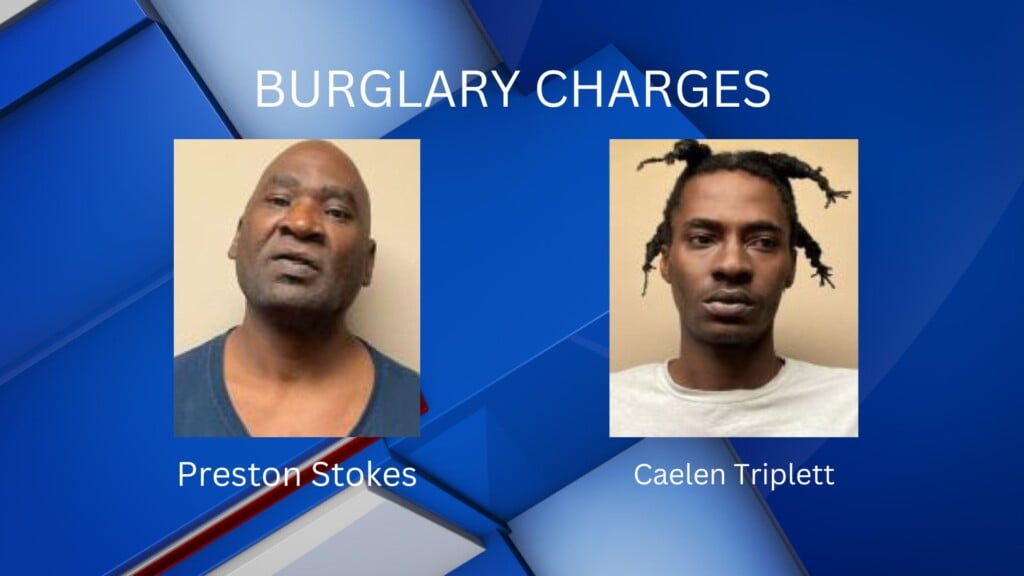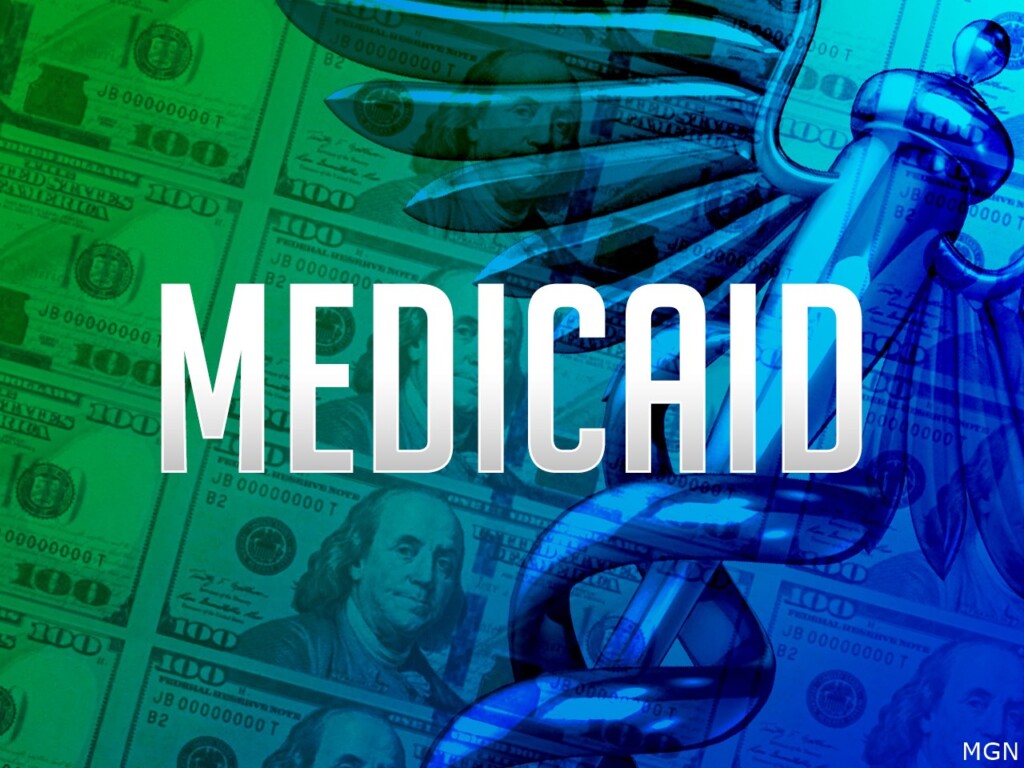Trump names dozens of lawmakers to bipartisan task force
Washington — The White House has tapped a bipartisan group of dozens of lawmakers to serve on a task force to advise President Trump on rebooting the economy, which has ground to a halt amid widespread business closures and stay-at-home orders issued to stem the coronavirus pandemic.
White House officials began asking members of Congress to join this task force on Wednesday, the same day that Mr. Trump announced the “Opening Our Country Council,” a group composed of business leaders.
The president spoke with House and Senate lawmakers on Thursday in two separate calls — one for Republican and Democratic senators and one for Republican and Democratic House members.
Mr. Trump has been eager to see businesses reopen and restrictions lifted in parts of the country that have relatively few coronavirus cases. He said Wednesday that he is planning to release revised guidelines for how states should start gradually reopening their economies while keeping new coronavirus cases in check.
The White House released the names of the lawmakers on the committee Thursday afternoon. It includes 32 House members — 22 Republicans and 10 Democrats.
In the Senate, all Republican members, except Senator Mitt Romney, who voted to convict the president in his impeachment trial, are included. Twelve Senate Democrats will also participate, including Majority Whip Dick Durbin of Illinois.
“I am honored to be asked to serve on this bipartisan presidential task force to prepare for reopening our economy,” Durbin said in a statement Thursday. “We still have work to do to stop the spread of this virus, but we need to think in positive terms of the day America once again will be open for business.”
Representative Ro Khanna of California, one of the Democrats, said he was eager to work across the aisle to address the crisis.
“Though we continue to share obvious and pronounced disagreements, the task at hand is too important for partisanship. As a member of the Council, I will continue to fight to get working class Americans the relief they need to make it to the other side of COVID-19,” Khanna said of joining the White House-led task force.
A staffer for a Democratic House member told CBS News the White House reached out to the member by phone on Wednesday to ask if the representative was willing to serve on the task force. The member agreed to join as long as the effort was bipartisan, the staffer said, but didn’t receive any official confirmation.
At 8 a.m. Thursday, the representative got an invitation to join the call with the president, scheduled for two hours later. The aide said Mr. Trump was very complimentary to members on the call, and spent most of the time listening to their concerns about the coronavirus.
Senator Mike Braun of Indiana, one of the GOP members on the task force, told CBS News that senators of both parties stressed the importance of ramping up the economy and continuing to increase testing capacity in their call with the president and vice president.
“Most of it was that general affirmation that we’ve got to start reopening the economy. And then there was that other side that wants to do it, but is willing to take more time and wants to see how testing would help that happen in a way that makes more sense,” Braun said in a phone interview. “Those were the two general statements throughout everything that was coming from the people that were able to speak up.”
Braun, who described the president’s tone as “diplomatic,” said lawmakers didn’t have much time to dive into the weeds on policy issues, and left more specific matters for future task force discussions.
Braun said lawmakers were adamant that funding for loans for small businesses must be increased. The Small Business Administration said the Paycheck Protection Program exhausted its initial $349 billion in funding on Thursday, and congressional leaders remain at a stalemate over authorizing additional funding.
Braun, himself a former longtime small business owner, said the next round of aid should prioritize the smallest businesses that lack the resources or sophistication to navigate the system quickly.
From his standpoint, Braun said widespread testing for the coronavirus is valuable, but the economy likely can’t wait until testing rates are ideal. He wants to see less-dense regions of the country with fewer cases have the ability to restart their economies.
“Most people think we need to do as much testing as possible. I think that’s a little bit of a straw argument in the sense that we know that. None of us disagree with that,” Braun said. “But the main point that I don’t think too many realize is if we go beyond a certain point, and this is an economics term, we get true supply and demand destruction. And if you want to phrase it the old-fashioned way on the street, that means you’re going out of business. Because we are not taking the point of view that each county, each state is different.”





Leave a Reply